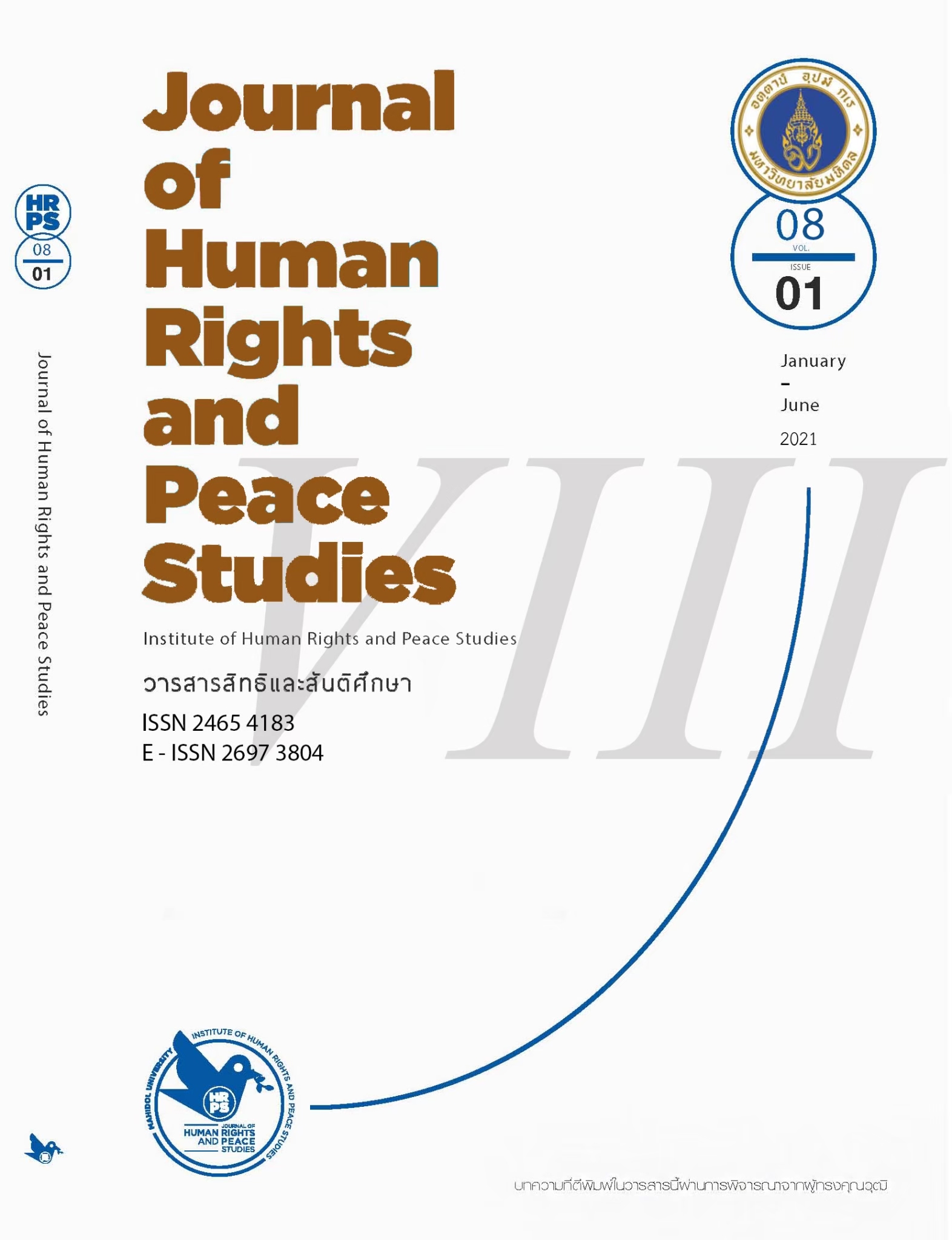Contemporary Russia as a Feudal Society: A New Perspective of the Post-Soviet Era
Main Article Content
Abstract
What has happened in post-Soviet Russia that its leader behaves in such a violent manner lately? One of the glimpses that appear rather convincingly from the realm of the political-economic realm is Shlapentok’s Contemporary Russia as a Feudal Society: A New Perspective on the Post-Soviet Era. This book appeared almost immediately after the first signs of ‘re-feudalization’ of post-Soviet Russia popped up in 2006. Vladislav Surkov’s words that Russia is a “sovereign democracy” was refuted by Dmitrii Medvedev in June 2006. It offers a quantum leap beyond this 'little debate' by proving and concluding that post-Soviet Russia is an epitome of a "feudal model". The major features of feudal Europe were similar to those of post-Soviet Russia. The central administration must cooperate with powerful actors, including regional leaders, corporations, and wealthy individuals, as well as churches and other major social actors; in exchange for legitimacy—a commodity provided only by the central administration—various social actors supply the supreme leader with troops, money, and support in the election process . Vassal relations as the basis of feudalism go back to the works of March Bloch (1961) and other, who claimed that such relations are a direct consequence of the weakness of the central state and the dependence of the king on feudal lords and other "big actors". Elements of feudalism in Russia had appeared in the Kyiv State in the ninth century when the king was only seen as a senior among other warriors, told by Russian chroniclers in the twelfth century.
Article Details

This work is licensed under a Creative Commons Attribution-NonCommercial-NoDerivatives 4.0 International License.
The views, opinions, and pictures expressed in this journal are those of the authors and do not necessarily reflect the opinions and viewpoints of the editor and the editorial board. All rights are reserved by the authors and the Institute of Human Rights and Peace Studies of Mahidol University. No part of this journal may be reproduced, stored in a retrieval system, or transmitted in any form or by any means without the prior permission in writing from the journal’s editor, or as expressly permitted by law, or under terms agreed with the appropriate reprographics rights organization. Non-commercial use of information in this journal must be properly referenced.
References
Anderson, P. (1974). Passage from antiquity to feudalism. Verso.
Bloch, M. (1961). Feudal society. University of Chicago Press.
Coulange, F. de. (1923). Histoire des institutions politique de lucienne. Hachette.
Gauvard, C. (1999). Fear of crime in late medieval France. In B. A. Hanawalt, & D. Wallace, Medieval crime and social control (pp. 1-48).
Hanawalt, B. A., & Wallace, D., (Eds.). (1999). Medieval crime and social control. University of Minnesota Press.
Herspring, D. (Ed.). (2003). Putin’s Russia: Past imperfect, future uncertain. Rowman.
Horgan, J. (2006, January 1). Einstein left the building. The New York Times. https://www.nytimes.com/2006/01/01/books/review/einstein-has-left-the-building.html
Latynina, Y., (2006, June 26). Auktsion kak spetsoperatsiia. Novaia Gazeta.
Likhachev, D., Romanov, B., & Adrianova-Perrets, V. (Eds.). (1950). Povest’ vermennykh let, Moscow: Izd-vo Akademii Nauk SSSR.
Lenin, V. (1951). Sobranie Sochinenii, (4th Ed., Vol. 32, Moscow: Politiz-dat.
Martynov, A. (2006). Transformatsiia makrosotsial’nykh system v postsocialisticheskom mire: Metodologicheskii aspect. Lenand.
Parsons, T. (1951). The social system. Free Press.
Parsons, T. (1971). The system of modern society. Prentice Hall.
Piiasheva, L. (1989). Kontury radikal’noi sotsial’noi reform. In F. Borodkin, L. Kosals, & P. Ryvkina (Eds.), Postizheni. Progress.
Sakwa, R. (2004). Putin: Russia’s choice. Routledge.
Simmel, G. (1971). On individuality and social forms: Selected Writings. University of Chicago Press.
Solo, R. (2000). Economic organizations and social systems. University of Michigan Press.
Volkov, V. (1999). Violent entrepreneurship in post-communist Russia. Europe-Asia Studies 51(5), 751-754.
Waltz, K. (1976). The theory of international politics. Random House.
Weber, M. (1978). Economy and society: An outline of interpretive sociology. University of California Press.


